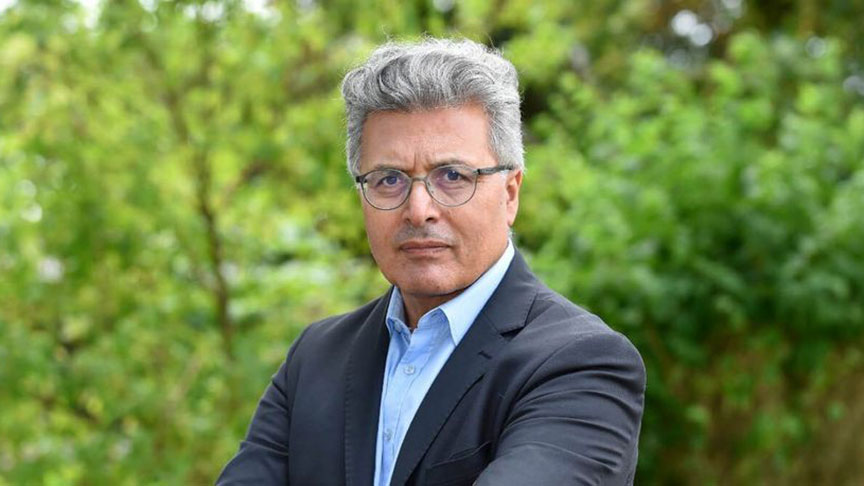“Untreated traumas can be passed from one generation to the next,” says Professor Jan Ilhan Kizilhan, Director of the Institute for Transcultural Health Science at the Villingen-Schwenningen campus of Baden-Württemberg Cooperative State University (DHBW). “Remembrance culture therefore plays an important role in the therapy of these so-called transgenerational traumas.” Fifteen years ago his institute introduced transcultural trauma education in Duhok in northern Iraq and helped people in the refugee camps there to come to terms with their traumatic experiences. “The development of a psychosocial care structure for the population appears especially urgent in view of numerous historic, traumatising events and their far-reaching effects on quality of life,” says Kizilhan. Since 2017 he has been active in setting up the DAAD-funded Institute of Psychotherapy and Psychotraumatology (IPP) at the University of Duhok and training psychotherapists there. In the refugee camps of Duhok it is primarily women and children who are suffering from the effects of severe physical and sexual violence. “Autobiographical memories, which generally tend to be regarded as a personal matter, also have an influence on societal development and the cultural memory of a group,” says Kizilhan. When treating people with serious mental disorders it helps to understand the past. “And to use this to develop hope for the future.” —
In action - In brief
“Develop hope for the future”
“Untreated traumas can be passed from one generation to the next,” says Professor Jan Ilhan Kizilhan, Director of the Institute for Transcultural Health Science
Issue 1 | 2022

